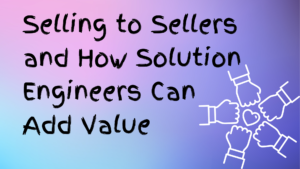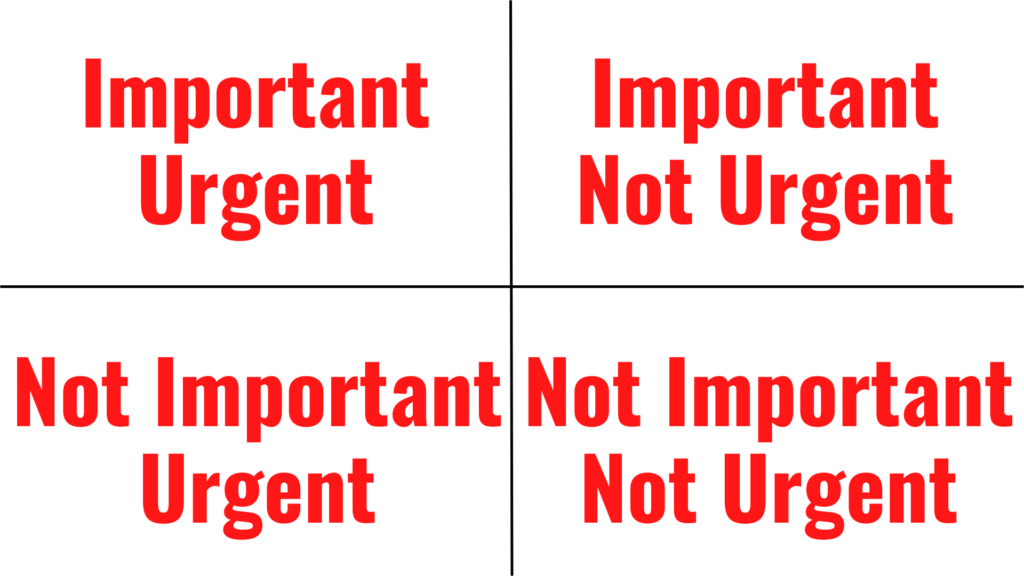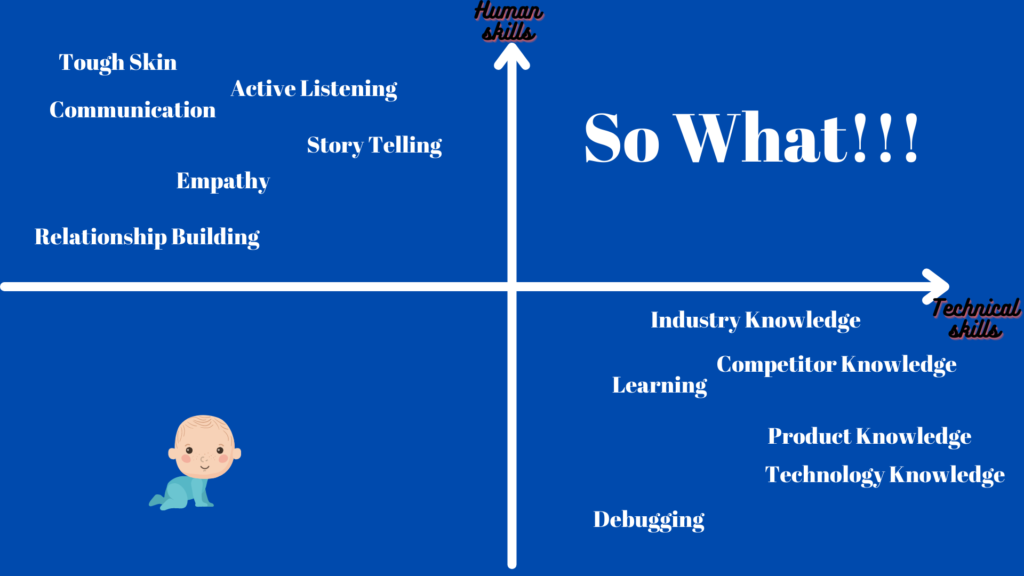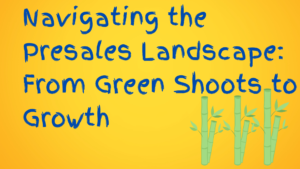
Blog
A few months ago I had Paul Urfi on the podcast, and he started talking about big S small E, small s big E, and big S big E.
It took me a couple of seconds to grasp on to what he’s talking about, and I realized I think about Sales Engineering in a bit of a different way, although complementary.
I think of sales Engineering as an x-y axis. If anyone is familiar with Steven Covey’s work, the 7 habits of highly effective people(affiliate link), you’d recognize that the X-Y axis creates 4 quadrants.

If you have not read that book, I recommend that you do. There’s a link to it in the description below, it is an affiliate link, so I thank you for supporting this growing channel.
And since I’m already asking for things, I’m going to ask you to like the video, subscribe to the channel, but most importantly, if you think this video is useful, make sure to share it with someone who needs to see it.
Back to the 4 quadrants, like there are 4 quadrants related to SE Skills. The X-axis is for Technical Skills, and the Y-axis is for human skills. this includes sales skills because to sell is human.
Side note, I thought I created that quote but turns out it’s a title of a book I’ve never read by Daniel H. Pink.
To Sell is Human by Daniel Pink (affiliate link)
Now that we’ve uncovered the axes, let’s talk about what pushes a human from one quadrant to another.
So my first quadrant is the lower-left corner and this shows that the person has no skills whatsoever, technical or otherwise. This is for folks who have never faced a problem in their entire life. Luckily I have not met anyone in this quadrant, so I’m moving on.
The Lower right quadrant is for those who possess technical skills but have not been able to master the human aspect. It is as simple as someone who knows all about the feature but cannot articulate why anyone should care about it.
Some of the skills that come up in this quadrant are:
- Industry knowledge (what others in the industry are doing)
- technology knowledge (the latest coding language, routing protocol, API)
- product knowledge
- Debugging/configuring capability
- Learning skills
- Competitor knowledge
If you can think of any other solely technical skills, add them in the comments below.
Now we move on to the top left corner. This is the human skills quadrant that salespeople are famous (or infamous) for.
The gift of gab comes to mind. Not sure if that’s a sales skill or a torture skill, and yes, this is coming from an introvert.
Some other useful skills here:
- Active listening
- Storytelling (and you see storytelling is right on edge of technical skills as well
- empathy
- communication
- building relationships
- having tough skin
These are in no way limited to just salespeople. These are however sales-only skills. If you have these, great, but you need to combine them with other skills to move into the top right quadrant which has:
- In addition to active listening, you have to ask the right questions
- Questions that will help your customers think of something they’ve never thought about
- Questions that will enable you to highlight your solution’s strengths
- Not only understand the technology and the products but be able to explain technical concepts to people from all backgrounds, from individual users to C-Levels
- Providing the customer with Bespoke Experiences, not just storytelling, not doing demos. This I learned from Jeff Margolese on show 199 of the podcast. Check it out here
- In addition to being empathetic, you also need to challenge. Understanding what the customer is going through is one thing, but challenging them to help them solve their problems is a skill that coaches, consultants, clinical phycologist do daily to help their clients.

I’ve heard that “So What” test from so many different sources. I’ve read it in so many books about sales engineering from the perspective of doing demos. You can use that same test to improve your skills.
I’m a great listener… so what? listening in a vacuum doesn’t mean anything. We have to take what we just heard and solve, challenge, or guide the person we’re listening to.
I’m very technical…. so what! (write so what on the screen)
I’m empathetic, I feel for my customers … so what? (make it bigger)
If you want to move from Q2 or Q3 to Q4, ask yourself… so what (make it smaller)
I will see you next time!
Peace!


